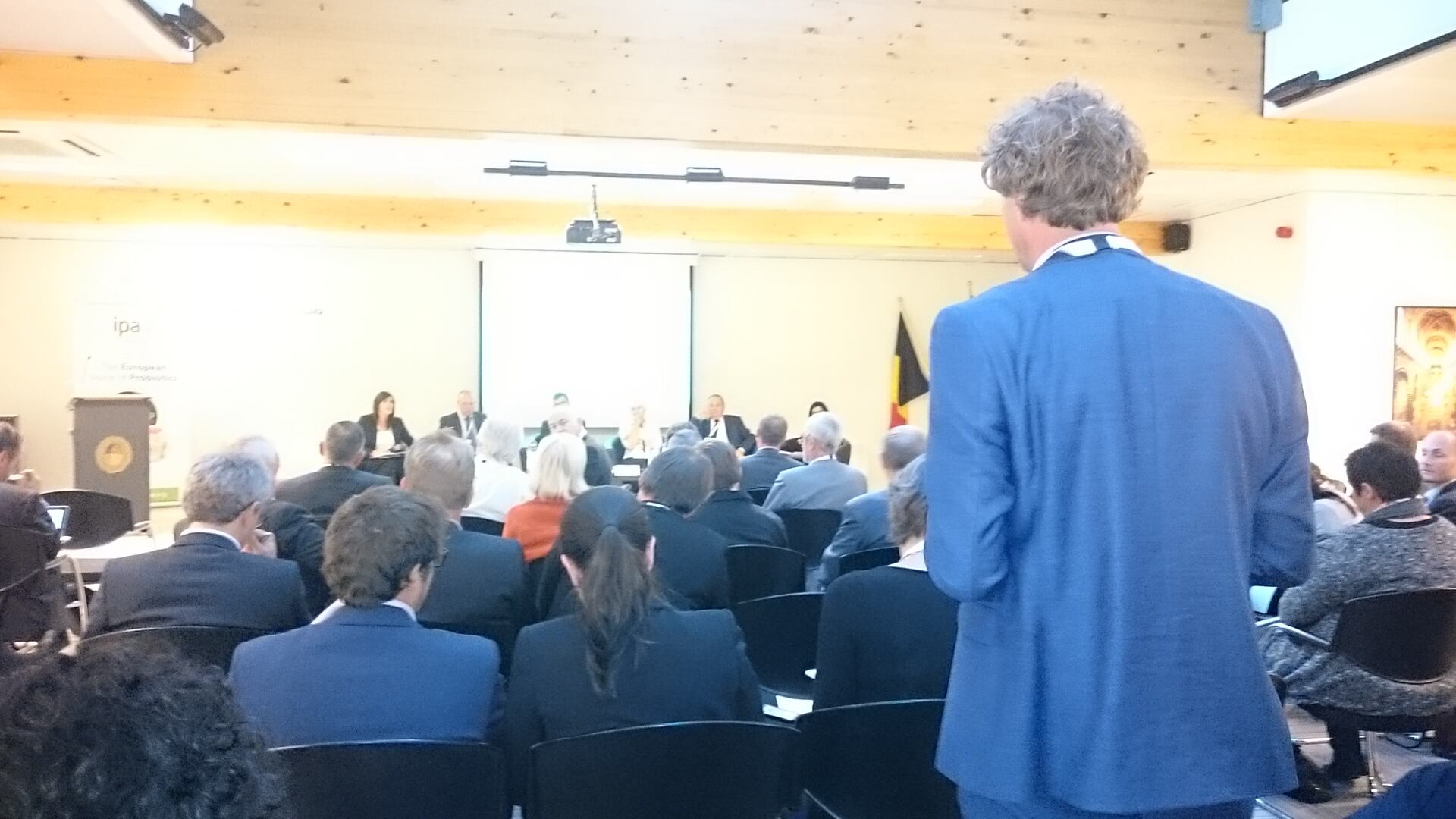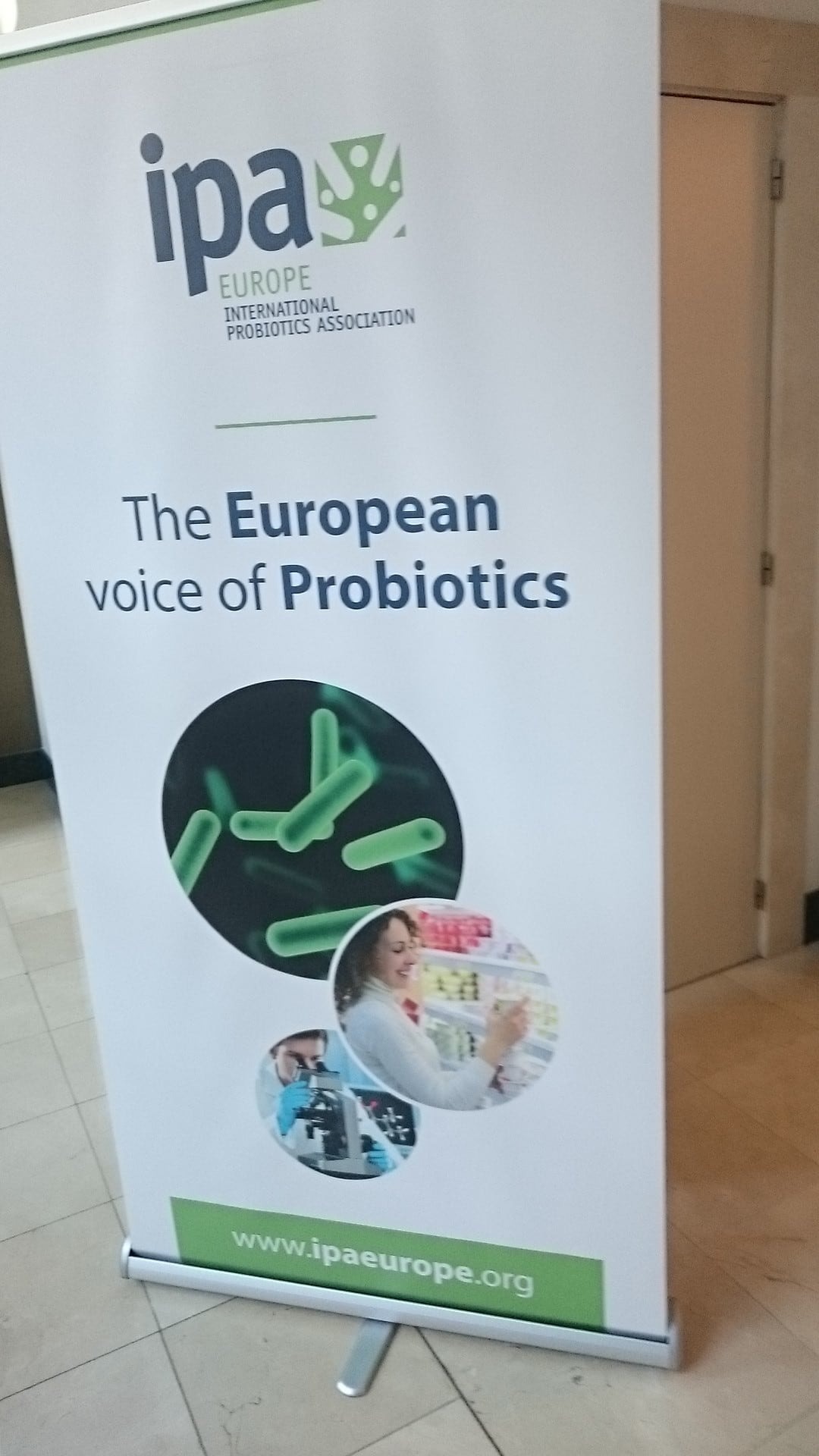And so there was some openness and there was some dialogue, and this is good and progressive, but it is also patently clear that there is a long way to go before probiotic health claims reappear on yoghurt pots and supplement bottles across the EU’s 28 member states. But a united sector helps, and new faces in key EU institutions may prove even more significant.
IPA-Europe – a fusion of the new European branch of the IPA with the now defunct Yoghurt and Live Fermented Milks Association (YLFA) and Global Alliance for Probiotics (GAP) – has made its intentions clear: Win the EU’s first probiotic health claims via dialogue with EU risk assessors and risk managers.
Find a way to convert one of the richest nutrition science archives that exists (10,000+ published pieces of probiotic research) into product messaging that can benefit consumers, public health, innovation, ongoing research and, yes, industry itself.
So the event was a good start, at least symbolically. The European Commission (EC) – the risk manager – was there with its head of nutrition, food composition and information, Alexandra Nikolakopoulou. “We are always open to industry, always open to revisit legislation,” she said encouragingly for the sector before adding: “But the way claims have been assessed so far [since 2008] is perfectly in line with the regulation.”
Risk assessor, the European Food Safety Authority (EFSA) was there with its head of nutrition, Valeriu Curtui. “The fact we are here is an indication we are willing to commit to dialogue.”

Vocal critic of the 2006 nutrition and health claims regulation (NHCR), MEP Marion Harkin, was there. She expressed concern about what kind of concrete actions could be taken to end the blockade on claims but said “to hear EFSA say they are open to dialogue is very pleasing – once you have that then you can make progress.”
Academia, as a whole as peeved by the treatment of its probiotic science as industry, was represented too via Dr Lorenzo Morelli, professor and chair of food microbiology and biotechnology at the Instuto Microbiologia at the Universita Cattolica in Piacenza, Italy.
“…an important step forward for probiotics.”
As new IPA-Europe president, and president of Swedish supplier Probi, Peter Nählstedt, told us afterwards, the multi-stakeholder event was “an important step forward for probiotics.”

“It does mean a lot to the probiotic industry to have the opportunity to interact with the commission, parliament and EFSA.”
He added: “Having three organisations merge into one I think will strengthen the industry voice on and simplify communications, tonight’s launch event and the newly released document ‘IPA Europe guidelines to qualify a microorganism as probiotic’ are two very tangible examples of that.”
Looking elsewhere…

There were some interesting points raised at the event. About probiotic claim wins in Switzerland from the likes of Yakult, Danone and DuPont-Danisco, where the responsible authority there has apparently followed essentially the same criteria as does EFSA’s NDA health claim panel.
Of Yakult’s recent win, Curtui said, “We haven’t seen that file. We’d like to see it.” See? Open!...
Managing director of Yakult Belgium, Bart Degeest, noted the crucial difference between Switzerland’s Federal Office of Public Health and EFSA was the fact that in non-EU Switzerland an applicant would meet with the regulator to discuss the minutiae of an application before and during the assessment process.
EFSA says it can’t afford such meetings but it has improved communication procedures during ‘stop-the-clock’, the process in place that allows stakeholder interaction when there are queries on submitted health claim dossiers. For many in industry this is too little, too late. And anyway it hasn’t led to a positive probiotic opinion amid 100s of rejections.
What about the claim victories in Canada issued by Health Canada? How open has the dialogue been between regulators on these matters?
IPA International executive director George Paraskevakos noted the Americas-focused IPA branch had won stakeholder meetings with the US Food and Drug Administration (FDA) and Brazilian food safety authorities.
In all this it should be remembered the former NDA health claims panel head, Dr Ambroise Martin, predicted in 2011 that the sector would win claims within two years. It didn’t happen as the panel continued rejecting dossiers submitted by heavyweights like Yakult, Chr Hansen, Danone and DuPont-Danisco.
Perhaps this new era of openness will yield a different result.
